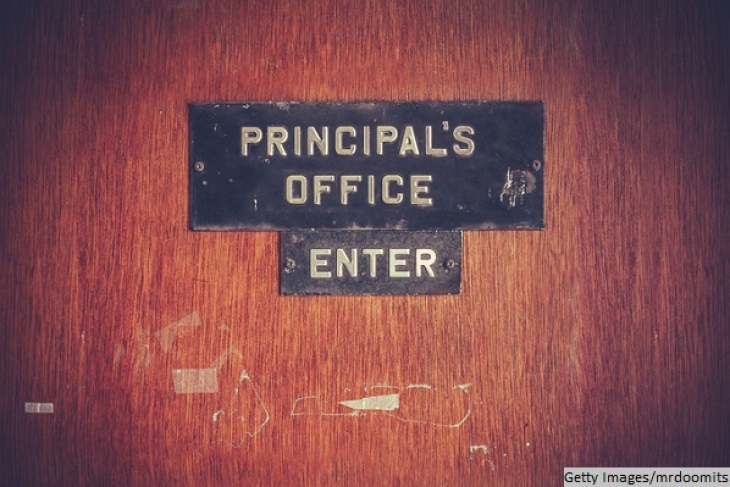At the National Charter Schools Conference last month, Secretary of Education John King challenged U.S. charter operators to rethink their approach to discipline and “lead the way on professional reflection and growth.” Fordham has expressed some skepticism about the nationwide drive to loosen disciplinary practices, particularly in charters. But the secretary's comments were largely well-considered, so I decided to pick up the gauntlet he threw down.
Over the past week, I solicited contributions from voices on all sides of the discipline discussion. Their assignment: To react to Secretary King's remarks, but also to help reframe the terms of a policy debate that's proven fractious to the reform movement for years. The questions they raised are numerous and pressing: What are the adverse effects on students of being suspended from school? How about the impact of trying to learn in a classroom with a disruptive classmate who can't be removed? What level of autonomy should we try to preserve for charter schools—which were created, after all, to experiment with their own approaches to school culture?
See the full series here:
1. Paul Hill: Tradeoffs, not absolutes, on suspension and expulsion
2. Sarah Yatsko: Suspending belief
3. Carrie Irvin: Charter boards need to understand school discipline
4. Max Eden: On charter discipline, deny the premise and pivot to school climate
5. Nat Malkus: For starters, get the basics on charter discipline right
6. Scott Pearson and Naomi Rubin DeVeaux: Charter authorizers have an interest in monitoring school discipline
7. Lauren Morando Rhim and Paul O’Neill: The sky won't fall if charter schools are discouraged from disciplining students


